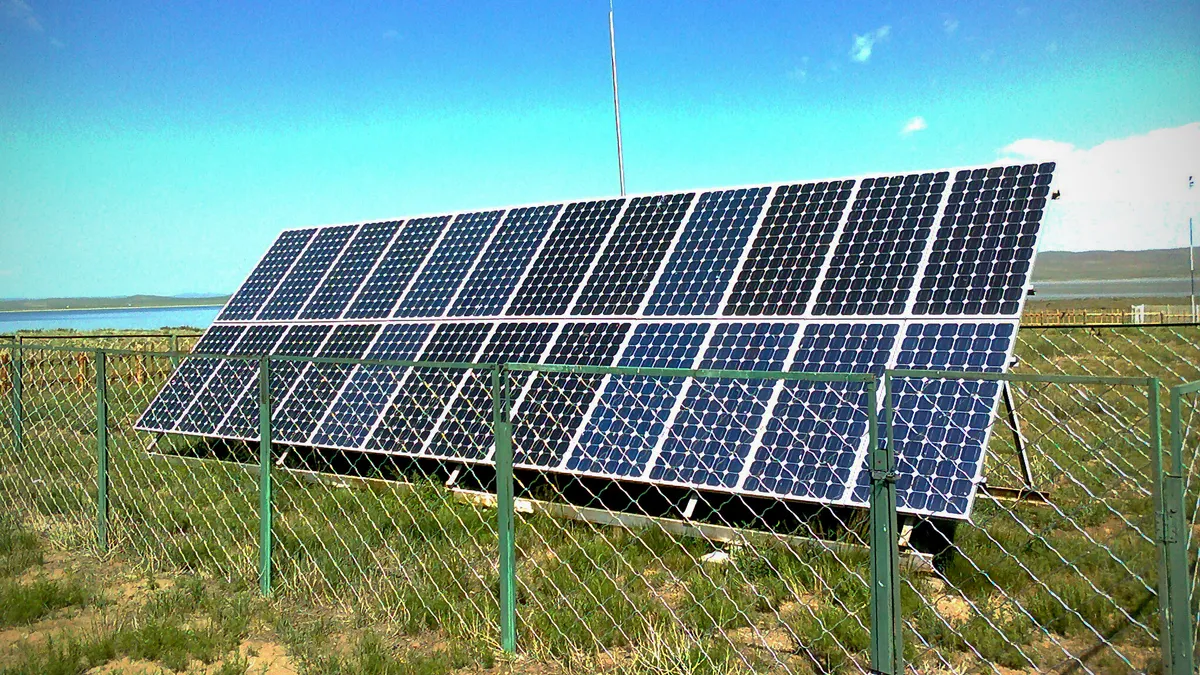Dive Brief:
- A report from the Michigan Solar Working Group created by the Michigan Public Service Commission (MPSC) to propose how Consumers Energy and DTE Energy can expand their solar programs found little agreement on incentives and rebates but discovered consensus on community solar.
- The working group proposed increases in the utilities’ distributed solar programs when MPSC staff determined such expansions would not affect rates. The IOUs rejected the proposals, saying they would impose costs on non-solar-owning customers, but both are planning utility-financed community solar projects.
- The accurate value of solar (VOS) remains highly disputed and will have to be decided by the MPSC because the DTE $0.039 per kilowatt-hour value is almost $0.10 per kilowatt-hour lower than Minnesota’s VOS and the National Renewable Energy Laboratory calculation for Michigan.
Dive Insight:
Community solar can be owned and financed by utilities, by developers and their backers, or by crowd-funding and allow utility customers to pay for a small part of the generation from a larger installation in return for a proportionate bill reduction.
The working group’s report makes no specific utility solar policy recommendations. Consumers Energy will put its solar plan and a customer self-generation tariff before the MPSC by the end of the year, one in which, it said, “everyone pays their fair share.” DTE Energy said it opposes “cross-customer subsidies for solar” but could implement a voluntary community solar model with a DTE-owned-and-sited solar array “at full and fair cost, with no subsidies.”
Because the price of solar has dropped significantly, MPSC staff calculations concluded solar incentive costs to grow Michigan solar by 50 megawatts should not cause rate increases if the millions of dollars in the utilities’ accumulated renewable energy surcharge funds are used.














